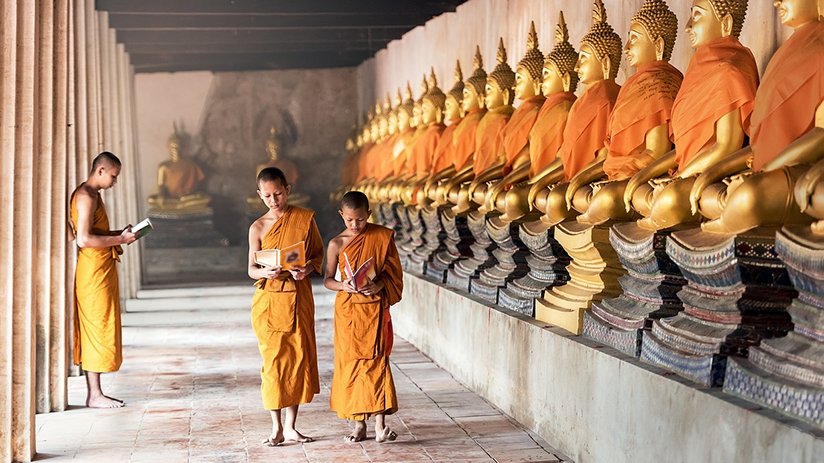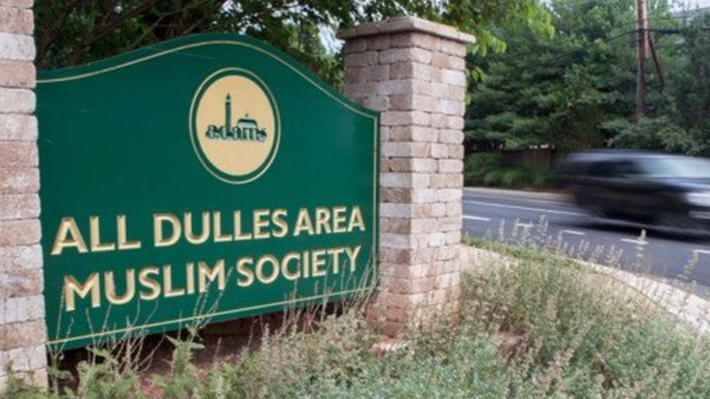
-
HOME
-
WHAT IS STANDOur Mission Our Values Our Help Contact
-
WHAT WE FIGHT FORReligious Freedom Religious Literacy Equality & Human Rights Inclusion & Respect Free Speech Responsible Journalism Corporate Accountability
-
RESOURCESExpert Studies Landmark Decisions White Papers FAQs David Miscavige Religious Freedom Resource Center Freedom of Religion & Human Rights Topic Index Priest-Penitent Privilege Islamophobia
-
HATE MONITORBiased Media Propagandists Hatemongers False Experts Hate Monitor Blog
-
NEWSROOMNews Media Watch Videos Blog
-
TAKE ACTIONCombat Hate & Discrimination Champion Freedom of Religion Demand Accountability
Discrimination Is Not Native—What I Learned Hitchhiking Across America
My name is Edward Parkin. I am the International Director of STAND, and I am English.
Many years ago, as a 20-year-old, I came to America to broaden my horizons and to find out more about the world in which we live.
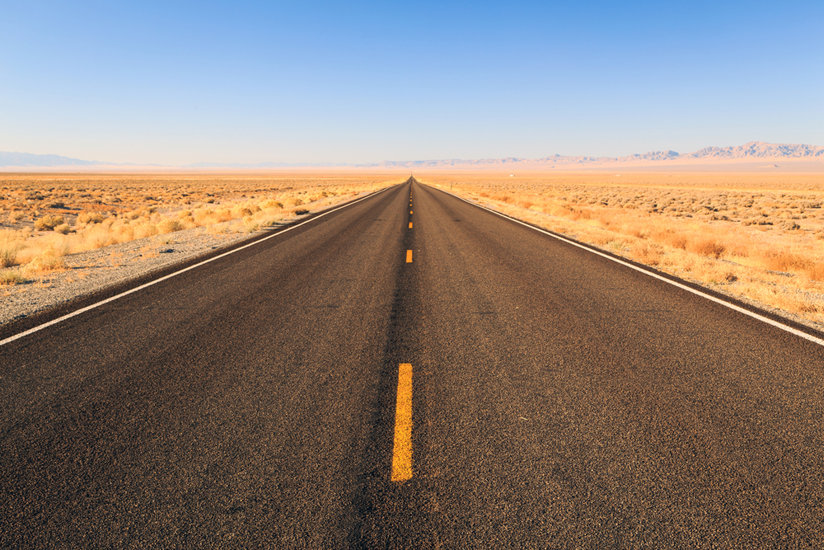
I’d been living in London for a couple of years and, while there, shared a flat with Zane, a Native American who traveled the world with his New Zealand girlfriend. Zane and I got on like a house on fire. I got him a job in central London and he passed on wisdoms to me that he had gleaned from his many years of world travel. On the day he left to return home, he suggested that I might want to travel to America and see how things were on the other side of the pond. I said “OK” and thought about it.
Six months later, I telephoned him to let him know I’d be there in about a week. I flew to Seattle, where it was raining, much as it was in London, so I felt pretty much at home. I then made my way east by Greyhound to Zane’s town. We spent a few days together before I set off on my travels, first heading south to San Diego and then across the country.
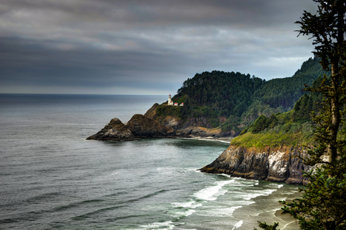
In accordance with my father’s wishes, who swore that he would read about my death in the obituaries column of a newspaper, I rode the bus from eastern Washington back to the coast. As we approached the Pacific on a clear and beautiful evening, I saw a man hammering together the beams of a wooden house as the sunset silhouetted him against the vast expanse of ocean on a lush green promontory. I was so struck with the beauty and freedom of the whole image that I vowed then and there to get off the bus and hitchhike to fully experience life in this far-off land. In those days you could!
My thumb was out no longer than a few minutes when someone stopped and asked where I was going. I told him “south” and he responded that he could take me 18 miles—which sounded great. I offered him money for his trouble but he rejected it, saying the only thing I could provide would be an English coin, if I had one, that he could pass on to his younger brother who collected coins. I happily obliged.
I was helped by military personnel and others. Every man and every woman—whether young or old, black or white—couldn’t help me enough and all did so with a free heart.
As I hitched south, I encountered dozens of people, each in their own way incredibly hospitable, sincere and willing to help. A college student traveling in a VW van went off his route for two days to take me through the redwood forests of Northern California, for he could not imagine a foreigner coming to the state and not seeing and experiencing some of the world’s oldest living trees.
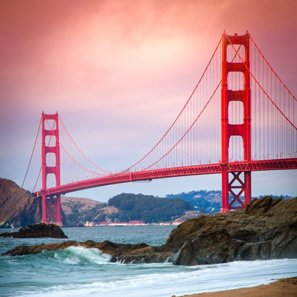
Another drove me over the Golden Gate Bridge, at a very specific time of the day so that I might see the brilliance and majesty of it, with the sun reflecting its color and beauty. Again, nothing was sought from me in exchange and any offer I made was rejected out of hand.
Heading east, two delightful women drove me through a section of the South, talking almost exclusively in CB slang. They nearly died laughing, watching me try to make out what they were saying, as if they were from another world.
Finally, I got stuck in northern Florida. No one would give me a ride and for the first time in my travels I had to go backwards. At last an old black man in a beat-up pickup told me to toss myself and my rucksack in the back and he’d take me to the next town. It saved me.
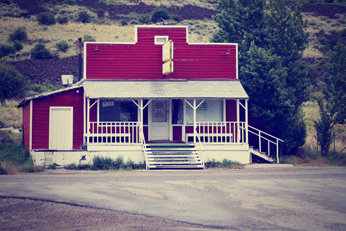
I moved on and a month or so later, when I was quite literally penniless and hadn’t eaten all day, I wandered into a restaurant and offered to wash all their dishes if they’d feed me. The young waitress would hear nothing of it and insisted I order what I wanted on the menu. She refused my very sincere offers of recompense and sent me off with a full stomach.
I was helped by military personnel and others. Every man and every woman—whether young or old, black or white—couldn’t help me enough and all did so with a free heart.
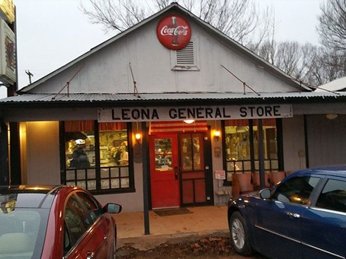
When stuck in Yuma, on the Arizona-California border, still without money, trying to make my way to the coast to get a paying job, I encountered a black family—a husband, his wife and two young daughters. They cheerfully drove me to San Diego and put me up in their house, fed me and looked after me for a week, unconditionally. I got back on my feet, got some casual work and continued on my way.
In about four months, my travels had taken me close to 10,000 miles through the cities, towns and wide-open spaces of America. What did I get out of all of this?
I gained some of the most valuable lessons of my life. I learned that people are decent. They are friendly. They care about others and, without prompting, will do what they can to help. They didn’t discriminate. They just saw me as a fellow human being.
Second, I found what I was actually looking for: Scientology. The year was 1979. All the way through today, I have been and remain a Scientologist, and proud of it. I do what I can to bring friendliness, care, compassion and help to the people I meet and to whomever I can.







